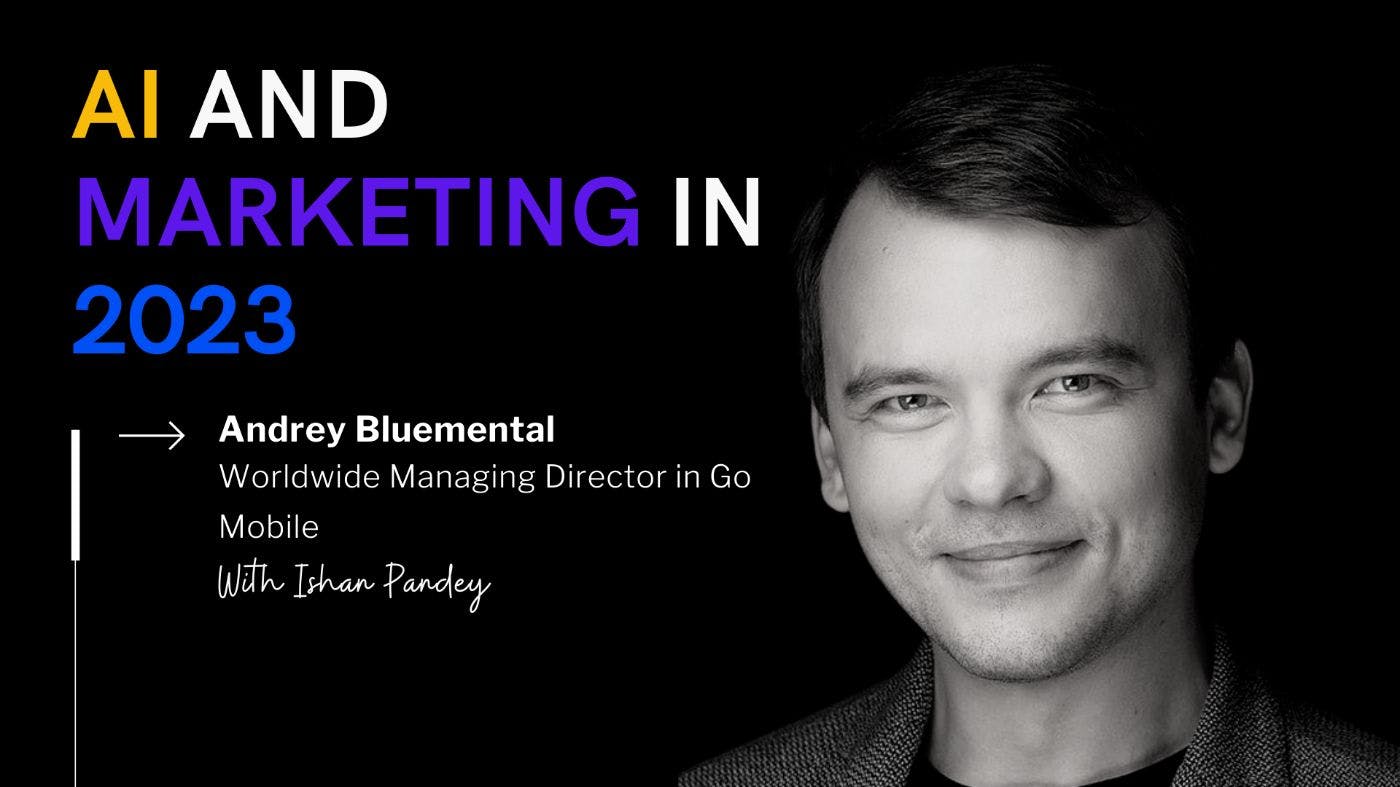187 reads
Predictive Marketing: Crystal Ball of Digital Advertising Unveiled by Go Mobile's Andrey Bluemental
by
April 11th, 2023
Audio Presented by

Building and Covering the latest events, insights and views in the AI and Web3 ecosystem.
About Author
Building and Covering the latest events, insights and views in the AI and Web3 ecosystem.
